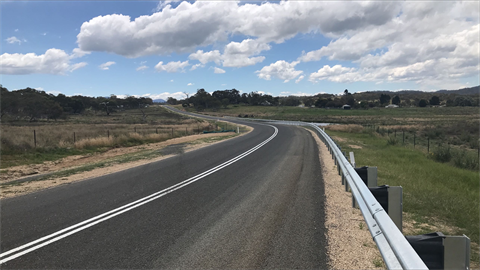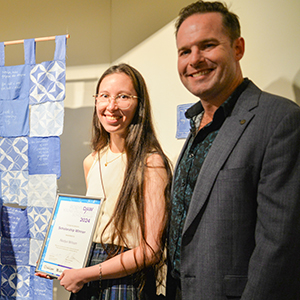
Three of the Royal New Zealand Air Force’s six military working dogs are participating in Exercise Pitch Black this year.
Military working dogs are used for security patrols and asset protection domestically and internationally.
In Darwin, New Zealand’s working dogs wear a lightweight patrol harness and can wear eye protection goggles to shield their eyes from the Australian sun.
The dogs need to carry out orders immediately on the command of their handlers, so managing fatigue and attention span is important.
While on Exercise Pitch Black the dogs will consolidate their New Zealand training alongside their Australian counterparts. They travelled on service aircraft in specially designed crates that ensure they have plenty of space to stretch, they are warm enough, and have access to water.
Leading Aircraftman Byron Buys said the main difference for his dog Kaiser operating in northern Australia and New Zealand was the weather, given they left New Zealand’s winter for the northern Australian dry season.
“Kaiser spent a week acclimatising in quarantine, and he is loving it now,” Leading Aircraftman Buys said.
“We keep him safe and cool by using cooling blankets, working in the cooler part of the day, and drinking lots of water – so he is taking the same precautions as me.
“Also like me, he loves to relax after a hard shift, and his favourite thing to do is play with his tug toy after some heavy work.
“But my favourite thing about Exercise Pitch Black is working with the Australians and other nations, seeing how similar we are.”
Some of those Australian counterparts are RAAF Leading Aircraftwoman Brooke Hitchinson and her military working dog Karma, who have been working closely with Leading Aircraftman Buys at RAAF Base Darwin.
“Being a military working dog handler is a dream come true, and working with the Kiwis is great. I am so lucky to be able to learn from Byron and his colleagues,” Leading Aircraftwoman Hitchinson said.
“Working with my international counterparts is not only fun and engaging, it helps me be better at my job.
“I have learned things from them, and that ultimately is better for me, and better for Australia. I know that if I deployed alongside New Zealand dogs, I would be comfortable to start work straight away.”







